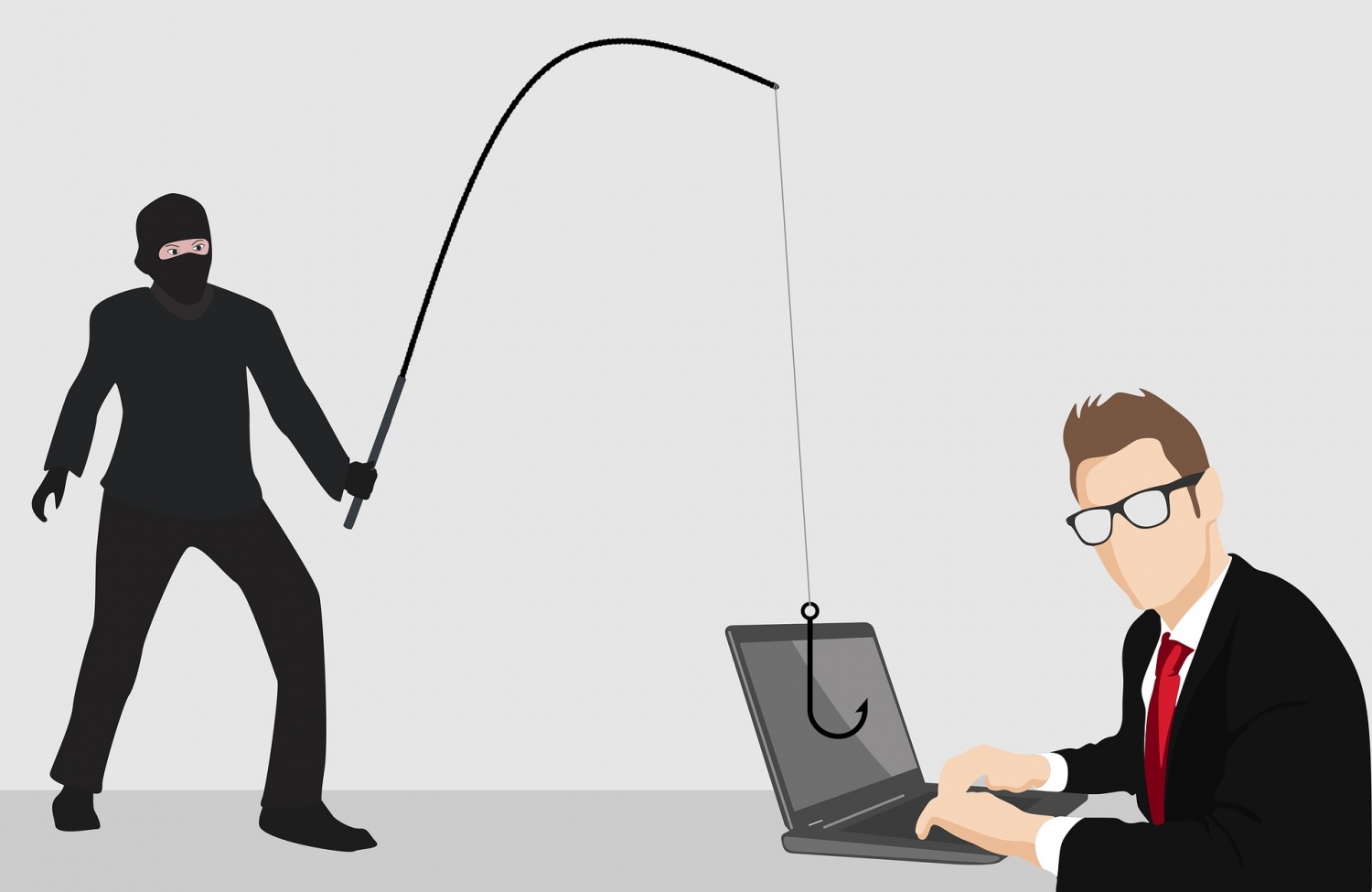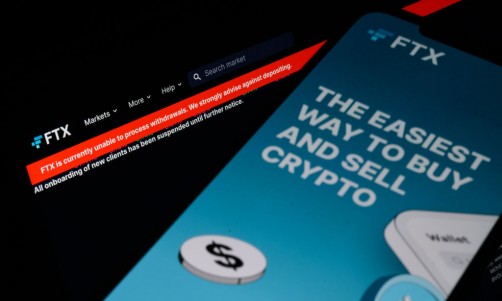You might have heard about data breaches and how marketers are tracking your online activity. Your social media profiles are also full of information about you, which is easily accessible to shady people. Hence, it is vital to review your privacy settings and determine which information you are willing to share with whom.
Privacy isn't impossible, but it is waning
Despite the prevalence of personal data on the internet, most consumers have mixed feelings about privacy. Some are deeply concerned and feel their privacy is at risk, while others feel powerless and resigned to the invasion of their privacy. However, we can't deny that our lives are increasingly intertwined with our online presence. We rely on our credit cards, social media accounts, and email addresses to carry out our daily activities, so privacy has become increasingly important.
You can search for people online on social media and other websites.
You can use a search engine to find someone's contact information, social media profiles, and more.
Luckily, there's hope for privacy online. Let's look at California, for example. In the state, the California Consumer Privacy Act was recently passed, giving California residents the right to opt-out of selling their personal data to third parties. The key to exercising this right is to read the privacy policies and cookie notices on every website you visit.
But privacy is not as simple as we may think. We live in a world where big companies are able to track our every move. For example, Google, the parent company of Alphabet, is responsible for 76% of all online searches. Its algorithms use Google Analytics to track our web browsing habits. This tracking is done through Google's various subsidiaries, third-party partners, and embedded trackers.
Social Debate
Privacy has been a subject of much social debate over the last few decades. Social researchers and privacy activists alike have argued that privacy is a fluid concept, and it frequently pops up in different contexts. For example, privacy is being used in legal cases as a defense when evidence obtained through unauthorized searches is challenged. Likewise, celebrities argue that their privacy is invaded by photographers, gossip columnists, and other sources.
Data breaches
Most states have adopted laws requiring companies to notify consumers when they have data breaches. These laws vary based on circumstances, who needs to be notified, and how the breach occurs. These laws have a significant impact on companies' privacy practices. The federal government also uses its authority to regulate unfair business practices and unreasonable privacy practices.
Awareness is on the rise
The right to privacy is one of the most important human rights, and there are several laws that protect our privacy. These laws are a way to protect ourselves from government and corporate surveillance of our personal data. However, privacy laws have become more complex with the growth of the internet. Many people believe that privacy laws are a little behind the times. Currently, there is no federal privacy law in the United States, though there are many state laws regarding the protection of personal data.
In July, the United Nations' Human Rights Council adopted a resolution regarding human rights online, which affirmed that the same rights that protect us offline must be respected online. In addition, this resolution affirmed freedom of expression. This is the first UN resolution to explicitly affirm human rights in the digital world. The resolution also comes at a crucial time in the international debate on national security and privacy.
There are ways to protect it
There are a number of different ways to protect your data online. Some of these include using antivirus software and limiting the amount of personal information you share on social networking sites. You can also choose to use two-factor authentication, which requires you to provide both a password and something else such as a card or mobile phone. Another way to protect your data is to regularly back up your information so you can recover it if necessary.
Keeping your personal data secure can be difficult. While federal laws protect your financial, health, and credit card information, you may still need to take additional steps to keep your personal information safe. Some states have Internet privacy laws as well. For example, you can limit the amount of information a website can access by using ad blockers. Another method is to use a VPN. However, VPNs are complex and often require a great deal of attention.
Use a strong password for every site you use online. Passwords should be at least eight characters long and should include uppercase and lowercase letters, as well as numbers and symbols. It's also a good idea to change your passwords frequently and to make sure they're unique to each website. You can also use password manager tools to keep track of all of your passwords.
Conclusion
Privacy is a complex and fluid concept that has been debated for decades. There are many different ways to protect your privacy, and the right to privacy is a fundamental human right. Federal laws exist to protect our financial, health, and credit card information, but there is no federal law that protects our personal data online. However, there are state laws that provide some protection. You can also take steps to protect your personal information by using antivirus software, two-factor authentication, and backup systems.











